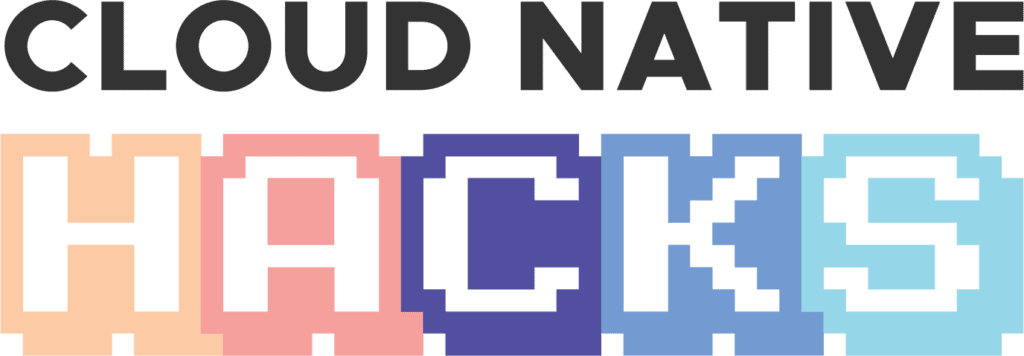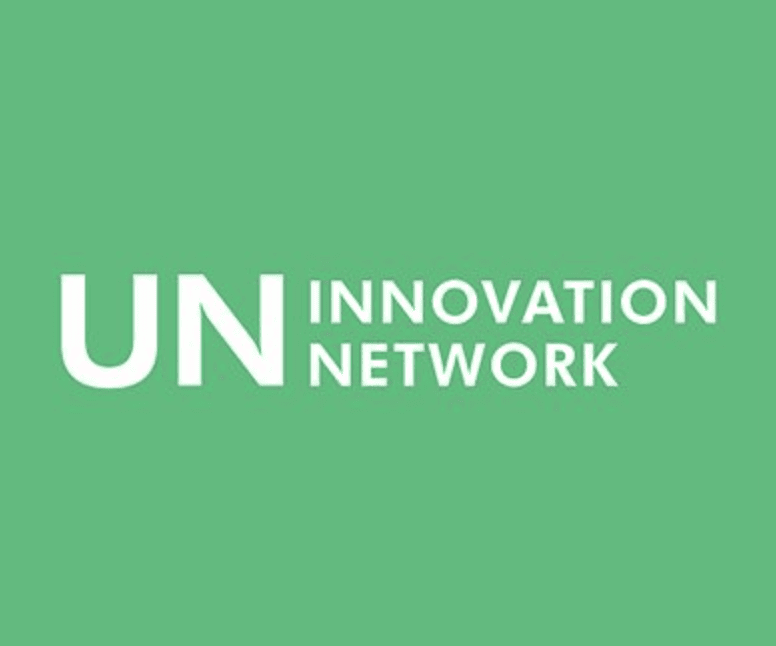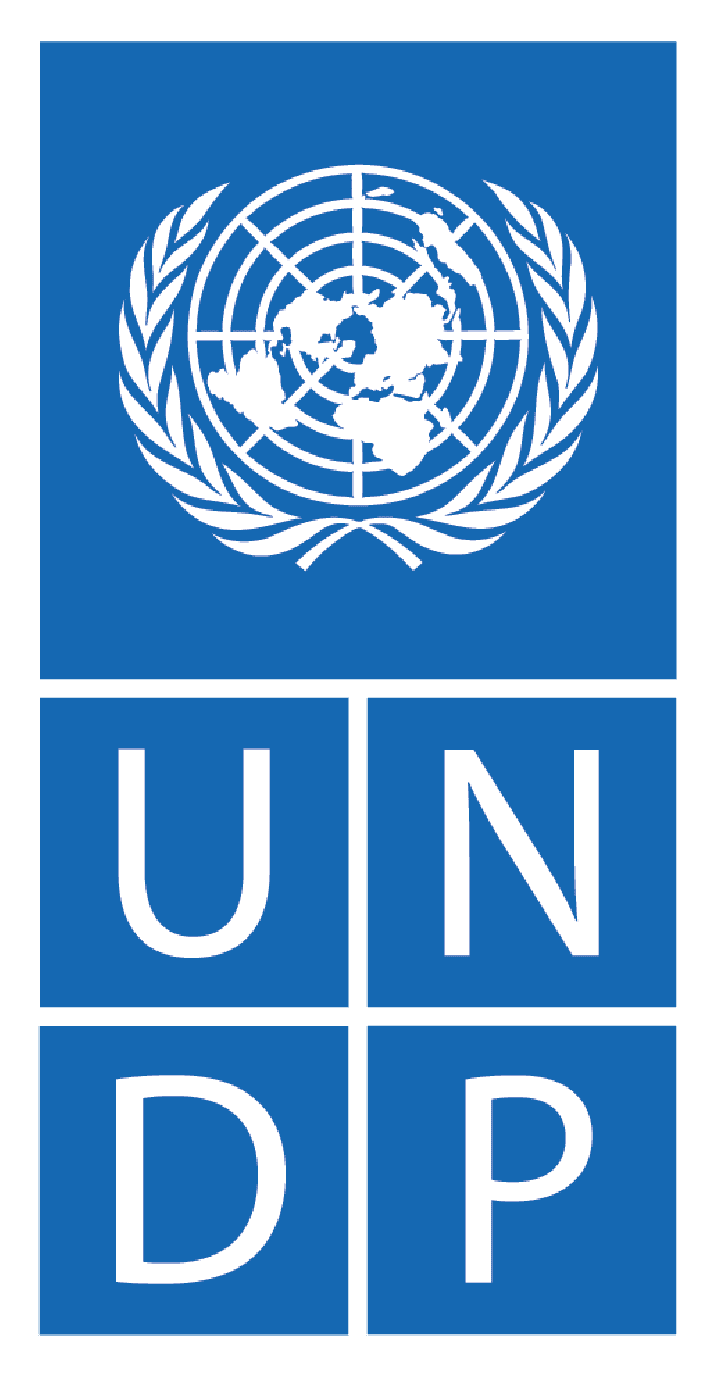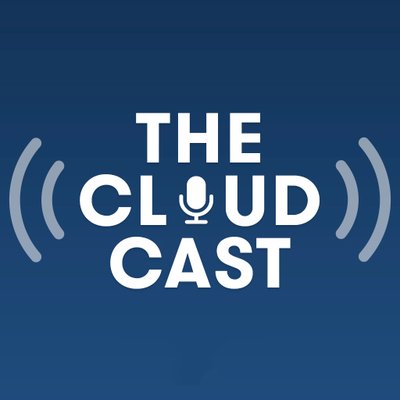Event Overview

Date: 19 March – 20 March
Time: 7:30 – 18:00 each day
Location: Paris Expo Port de Versailles, Pavilion 7,
Cost: Free (accepted applicants will receive a complimentary ticket to KubeCon + CloudNativeCon Europe 2024)
Prizes:
First Place Team: $10,000 USD
Second Place Team: $5,000 USD
Third Place Team: $2,500 USD
Set to run alongside KubeCon + CloudNativeCon Europe 2024, CNCF, in collaboration with the United Nations, is excited to offer the first-ever hackathon, CloudNativeHacks, to focus exclusively on advancing the delivery of the UN Sustainable Development Goals (SDGs).
The goal is for teams to develop a proof of concept that will help support the SDGs as these challenges can only be advanced through global partnerships and community. The hackathon will bring developers together to solve some of the most pressing issues and contribute meaningfully to create a better, more sustainable world.
Registration to KubeCon + CloudNativeCon Europe 2024 is required and selected teams & individuals will receive a COMPLIMENTARY REGISTRATION! The winners will be showcased during the closing keynote on Friday, 22 March.
The application for CloudNativeHacks has closed. Review the FAQs and if you still have questions, please reach out to hackathon@cncf.io. We look forward to having you with us, and Happy Hacking!
About the Event
Team Formation:
To ensure a smooth and enjoyable experience, please follow these instructions carefully:
Individual + Team Application:
Event Guidelines:
Theme and Challenges:
Code of Conduct:
Communication:
Mentor Interaction:
Updates and Announcements:
Enjoy the Experience:
Have Fun:
Networking:
Application + Guidelines
The CloudNativeHacks event in Paris is in collaboration with the United Nations – United Nations Office of the Secretary General’s Envoy on Technology (UN-OSET). The United Nations has provided the below suggested challenges to advance the delivery of the UN Sustainable Development Goals (SDGs).
As participants submit their applications, the proposals can match the challenges represented below or we invite you to submit another idea to help advance the sustainable development goals. The ideas you submit are not limited to the challenges below.
To Apply: The application has now closed. Individuals or teams up to 5 people may apply.
*Include your dataset – Think about the dataset you’ll be using as this is a required field in this form to apply.
In-person attendance required: All team members MUST attend in person, on-site. Please do not complete this application unless you are able to attend in Paris. We’re unable to support virtual teams for this hackathon.
We can’t wait to see what #TeamCloudNative does in Paris to help create a more sustainable world.
Guidelines:
The key words “MUST”, “MUST NOT”, “REQUIRED”, “SHALL”, “SHALL NOT”, “SHOULD”, “SHOULD NOT”, “RECOMMENDED”, “MAY”, and “OPTIONAL” in this document are to be interpreted as described in RFC 2119.
United Nations Suggested Challenges
Challenge Collaborators:

Challenge 2: Heat Redirector
Challenge 3: Urban Re-planning
Challenge 4: Heat Reuse
Challenge 5: Circular Supply Chain

Challenge 6: Decentralized Volunteer Compute

Challenge 7: AI FOSS Stack

Challenge 1: Comment Cleaner
Challenge 9: Collaborative Walking-Safety Map

Challenge 8: AI-Powered Solutions for Safeguarding Democracy Threats
Challenge 10: Spatial Data for Biodiversity Conservation
Challenge 10: Spatial Data for Biodiversity Conservation
Challenge 1: Comment Cleaner
Brief:
Build a Language Model to analyze text that may contain gender-discriminatory or hateful language, suggest alternatives or rewrite the user’s text
Detail:
Sometimes our implicit biases make us write text that is not inclusive to everyone. This could be unintentional and arise from lack of knowledge on gender-neutral communication. But the consequences are real and lead to comment sections and forum threads filled with hurtful language.
To counter this, design a language model that analyzes text that may contain gender-discriminatory or hateful language; suggest alternatives or rewrite the user’s text. Use Open Source libraries and provide APIs to integrate with existing websites.
Challenge 2: Heat Redirector
Brief:
Develop an Open Source application which directs, uses, or measures datacenter heat, and creates value.
Detail:
Your software should be intelligent enough to direct this heat towards applications that can provide value. Imagine using this “waste” to stimulate sustainable agriculture or warm marginalized communities. With your software, heat becomes a commodity, not a byproduct.
Challenge 3: Urban Re-planning
Brief:
Build a tool to transform urban landscapes through data-driven urban planning
Detail:
In a world where remote work and edge computing are prompting a re-evaluation of urban spaces, insights are needed about potential spaces that could be repurposed into datacenters for edge computing, considering factors such as location, size, power supply, and connectivity. Develop an Open Source tool to analyze this data and envision and design solutions to utilize these spaces effectively. The goal is not just to identify potential areas for repurposing but also to generate innovative ideas for their transformation. As we reshape our urban landscapes, your software could play a critical role in that transformation. Push boundaries, imagine the possibilities, and propose solutions to revitalize these spaces.
Develop an Open Source application which generates insights on re-using brownfield or greenfield space for new initiatives, such as (but not limited to) re-purposing spaces for datacenters or edge computing. You may also focus on other urban initiatives.
Challenge 4: Heat Reuse
Brief:
Leverage city-scale data to identify key areas within communities for reuse of heat
Detail:
As we reduce emissions, there remains the inevitable challenge of heat re-use whether that is heating a swimming pool or providing heating to communities. Develop a re-use of outputs that includes an Open Source tool to analyze this data or otherwise create an open data environment. The goal is not just to identify potential areas for repurposing the heat but also to provide a practical next step. As we reshape our urban landscapes, your software could play a critical role in that transformation.
Use open datasets to create visualizations, machine learning models, or another form of statistical analysis (including use of generative AI) to identify areas to re-purpose waste heat.
Challenge 5: Circular Supply Chain
Brief:
Envision, design and operationalize a Circular Supply Chain at scale
Detail:
This challenge is your chance to impact our planet’s future, redefining supply chains and moving closer to a truly circular economy. Develop an Open Source software solution focusing on circular supply chains. This tool should manage the lifecycle of critical components, from reuse and repair to recycling. But that’s not all – your solution should also track transportation miles and packaging solutions, focusing on reducing environmental impact and promoting sustainability. Then – think bigger – beyond the blueprints; also consider how the principles and mechanisms you develop could be adapted to other supply chains. This is more than a programming task – it’s an opportunity to influence a paradigm shift towards a circular economy in multiple industries.
Develop an Open Source application which manages the components and lifecycle for a datacenter supply chain, considering the UN SDGs and the environmental impact of the datacenter industry.
Challenge 6: Decentralized Volunteer Compute
Brief:
Build a planet-scale decentralized compute pool for the SDGs federated among volunteers
Detail:
The objective is to create a “volunteer computing for the SDGs” for a decentralized and distributed cloud computing network that connects volunteers using a Dapp participating in a tokenized online volunteer ecosystem. Dapp users validated through a trust protocol will volunteer their devices’ unused resources to maximize processing power at minimal cost to the UN participating organizations.
Challenge 7: AI FOSS Stack
Brief:
Build an end-to-end framework for AI apps that leverage LLMs, but deployed in resource-constrained environments
Detail:
The objective of the AI FOSS Stack is to serve as a foundational building block to build apps that leverage pre-trained large language models (LLMs) which are Open Source and can run on low-specification hardware. By providing an easy-to-use stack (back-end to front-end), medium and small-size organizations, including local Governments, Academic Institutions, Start-ups, and Civil-Society organizations can leverage generative AI for their purposes ensuring privacy and full control of their content – all within their own computing infrastructure, without relying in third party AI service providers.
The challenge consists of coding a robust production-quality version of the working proof-of concept available at https://github.com/aiuser2050/AiFossStack/.
Challenge 8: AI-Powered Solutions for Safeguarding Democracy Threats
Brief:
Leverage AI to scan online and offline content to combat information pollution, hate speech and gender-based violence
Detail:
In the digital age, where information spreads rapidly through various channels, the potential for information pollution and harmful online practices to disrupt democratic processes is amplified. Information pollution can be weaponized to influence public opinion, sway voters, and create distrust in democratic processes and institutions. The challenge seeks innovative solutions that utilize AI and digital technologies to detect, mitigate, and counteract these threats. Participants are tasked with developing open-source tools or platforms to analyze data across various digital platforms, identify misinformation and harmful content, and propose actionable insights to safeguard democratic processes.
For that, you could have UNDP tool eMonitor+, which you could build on and further develop, as well as other UNDP solutions. eMonitor+ is a digital media analysis and monitoring system that includes a set of digital tools with artificial intelligence capabilities, which is used to expand national, regional, and global stakeholder capacities to analyze and address a range of challenges, including but not limited to toxic communication, hate speech, disinformation, and gender-based violence. This is particularly useful in countries and regions where such critical issues are understudied. eMonitor+ collects and analyses thousands of pieces of online content daily from platforms like Facebook, Instagram, Twitter, and YouTube, as well as website content and offline media. The system integrates external tools and solutions into UNDP-built models to analyze offline and online content. Nonetheless, human monitors lead its operation, utilizing the suite’s automated functions to streamline otherwise time-consuming tasks. Outcomes can include advancing long-term digital resilience, particularly in the form of innovative policies, encouraging whole-of-society responses, and enhancing media literacy and public awareness.
Challenge 9: Collaborative Walking-Safety Map
Brief:
Google Maps, but it knows how scary it is to walk down a dark alley
Detail:
Centuries of human progress and yet, walking alone in the night is scarier than ever. Violent crime is just far more increased at night.
With the help of a network of users, develop an app that tracks walking paths and builds a collaborative safety map. The data can be manually collected or even picked from sensors such as luminance. Innovate by providing navigation features that preferably route through safer paths and give additional features such as notifying trusted contacts and SOS buttons. Use methods to verify users and ensure that the system is not abused.
Challenge 10: Spatial Data for Biodiversity Conservation
Brief: Leverage spatial data to uncover functional insights to monitor, protect and restore nature for people and the planet
Description: Forest loss, land and marine degradation, and species extinctions are escalating. These events pose severe threats to the survival of people and the planet. The Global Biodiversity Framework of the UN Biodiversity Convention provides renewed impetus for conserving terrestrial
and marine ecosystems, in line with SDGs 13, 14, and 15.
The UN Biodiversity Lab (UNBL) is a web-based tool that supports governments, NGOs, and civil society to access relevant geospatial datasets to provide valuable insights about their territories, facilitating strategic decision making and smart reporting. Currently, UNBL is being further developed to align with the needs of countries in relation to the Global Biodiversity Framework to support spatial planning, monitoring, and reporting needs. Decision-makers need customized dashboards, analytics, and indicators that on the state of nature and trends over time to make key decisions for biodiversity conservation and sustainable development.
We invite you to develop an attractive dashboard and/or widgets based on cloud-native datasets to offer more advanced analyses that enable governments to take action for nature, climate, and human well-being.
Link to the GitHub repo: https://github.com/unepwcmc/unbl-cloudnativehacks/















